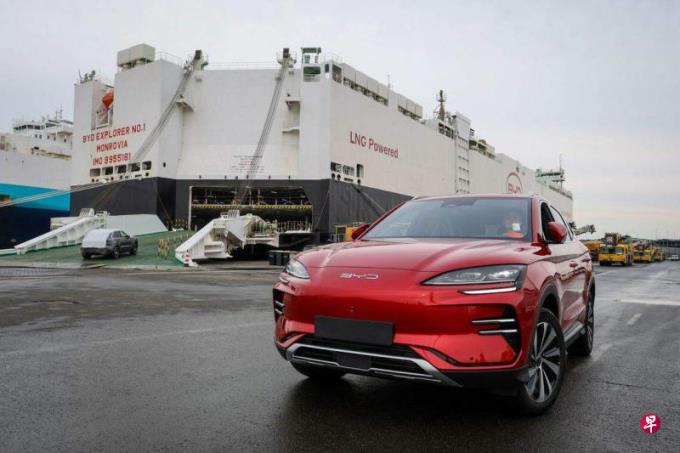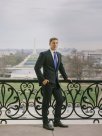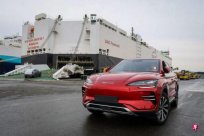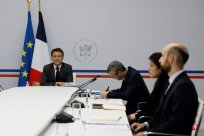
(Washington Composite Electric) According to reports, US Treasury Secretary Yellen will attract Europe, Asia and Latin America at the International Monetary Fund and World Bank Spring Conference next week to express concerns about China's excess capacity.
Bloomberg News reported anonymous U.S. officials on Friday (April 12) that the problem of overcapacity is the concerns of many major trading partners countries in China. The U.S. Ministry of Finance should be discussed at the above -mentioned meeting in Washington next week.
Yellen just visited Beijing from 4th to 9th this month, and emphasized to Chinese leaders' attention to the excess capacity of China.During the event, she also pointed out at the event hosted by the US Chamber of Commerce that the support of the Chinese government has led to greatly exceed the domestic demand and the level of global markets, which may crack down on company businesses from all over the world including American companies and India and Mexico.
The trade policy researcher of the US Foreign Relations Commission, Mana, said that during the visit of Yellen to China, it was clearly notified that China was a question that the United States was concerned, which was equivalent to telling the other party to respond to the next trade restrictions.
Since China joined the World Trade Organization (WTO) 20 years ago, the government's dissatisfaction with domestic industries has attracted the dissatisfaction of competitors. It believes that the official direct and indirect subsidies have lowered the cost and reduced the export price.
Due to the weakness in China, the United States is worried that the cutting price of the solar panel and steel industry is similar to the re -cutting situation of the solar panel and steel industry.The United States has hinted that it is exploring tariffs on Chinese electric vehicles, and the European Union has imposed additional tariffs on imported Chinese electric vehicles last month.
Seventh Kingdoms (G7) member states such as Canada, France, and Germany also expressed concern about China's exports.Brazilian President Lula also revealed that the Brazilian government has recently launched a series of surveys on industrial products such as steel.
Georgieva, director of the International Monetary Fund (IMF), said that she has always discussed with China on China's economic development route, including encouraging domestic demand.
Libuski, senior director of the Geopoietic Center of the Washington Think Tank Atlantic Council, believes that at the Washington conference next week, even if the problem of overcapacity is not included in the formal agenda, it will be discussed at the meeting.He said: "The United States wants to show that this is not only the concerns of the United States, but also the concerns of Europe, Japan and Brazil."
Mean Member requires the prohibition of importing Chinese electric vehicles
At the same time, members of the United States have called on the Biden government to ban the import of Chinese electric vehicles.
The Chairman of the US Senate Banking Committee, Brown, posted a video on social media X platform, stating that Chinese electric vehicles pose a threat to the American automobile industry.He also said that the United States cannot allow China to bring "the government's deceptive behavior" into the US automotive industry.
This is the strongest speech published on this issue so far. Other members have called for a high tariff to refuse Chinese electric vehicles outside the door through high tariffs.
The White House said in February this year that the United States is investigating whether Chinese cars constitute a national security risk.The United States worry that the advanced technology made by Chinese cars may be enough to collect a lot of sensitive data from drivers and passengers.
U.S. President Biden said he would not allow such things to happen.Right now, Biden has great political reasons to be tough for China, because the presidential election is about to be held in November this year, and the aggressive opponent Trump vowed to tax 60%of all Chinese imports.




